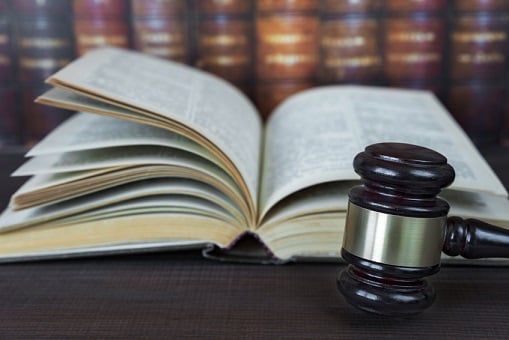
The university has launched its Centre for Indigenous Rights and Law

To further research into indigenous law, the Auckland University of Technology has launched its Centre for Indigenous Rights and Law.
Khylee Quince, an AUT senior lecturer, has been named co-director of the new centre, which she says will give prominence to indigenous law and laws affecting indigenous people in New Zealand and the Asia-Pacific region. Beyond research, the centre will collaborate with other university and academics to host conferences and public talks to spread research and scholarship on indigenous law, she said.
“We’ll also contribute to the teaching of both undergraduate and postgraduate law at AUT, doing that in a way that is appropriate, respectful, meaningful and useful to indigenous people, including us as tangata whenua,” Quince said.
The centre’s opening earlier this month was attended by respected members of the legal community, including the Honourable Michael Kirby, the Rt Hon Sir Edmund Thomas KNZM QC, and Justice Christian Whata.
Kirby, who was previously on the High Court of Australia bench, is a member of the centre’s advisory panel, which also includes Richard Monette, a professor of the University of Wisconsin Law School. AUT Law School Professor Kris Gledhill is also a member of the panel.
“The Aboriginal people of Australia are the most incarcerated people on our planet, on a per capita basis, and it is a truly shocking thing. It’s basically come about by dispossession of the wherewithal to ensure education, housing and heath. If you take away people’s land and if you take away their economic capacity you shouldn’t be surprised when they then fall into the situation where they are 27% of the prison population,” Kirby said.
“I congratulate the Auckland University of Technology. I think this really is a trailblazing initiative, not just to focus on New Zealand but to focus on the essential question of the injustices suffered by indigenous people during the years of the Empire,” he said. “And if we can all learn from each other, we can learn of the wrongs and we can learn of the ways the wrongs can be righted.”